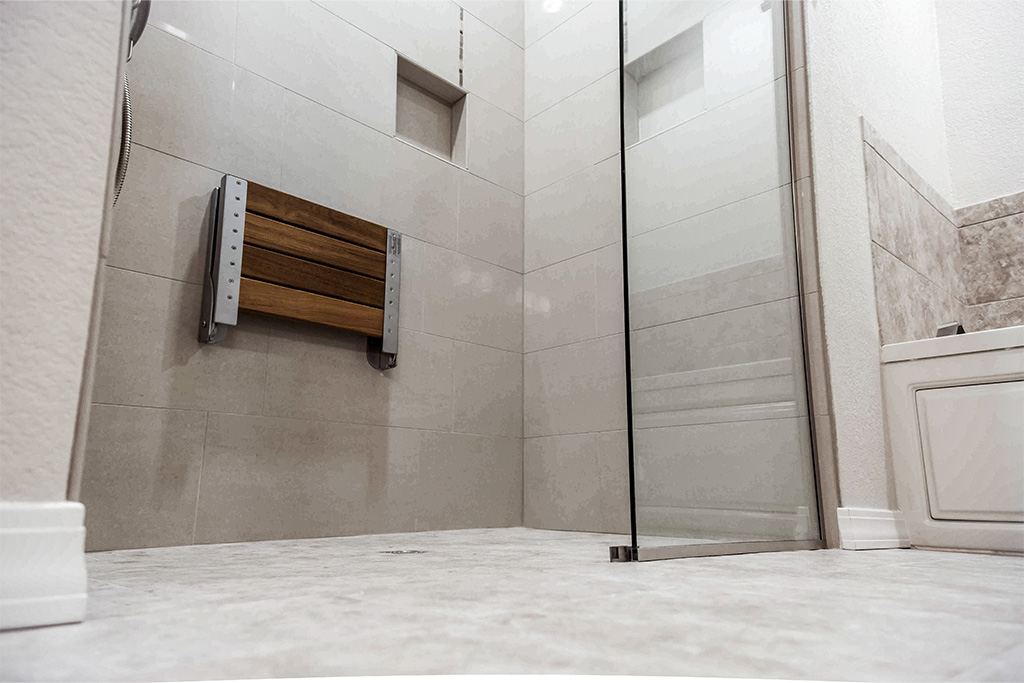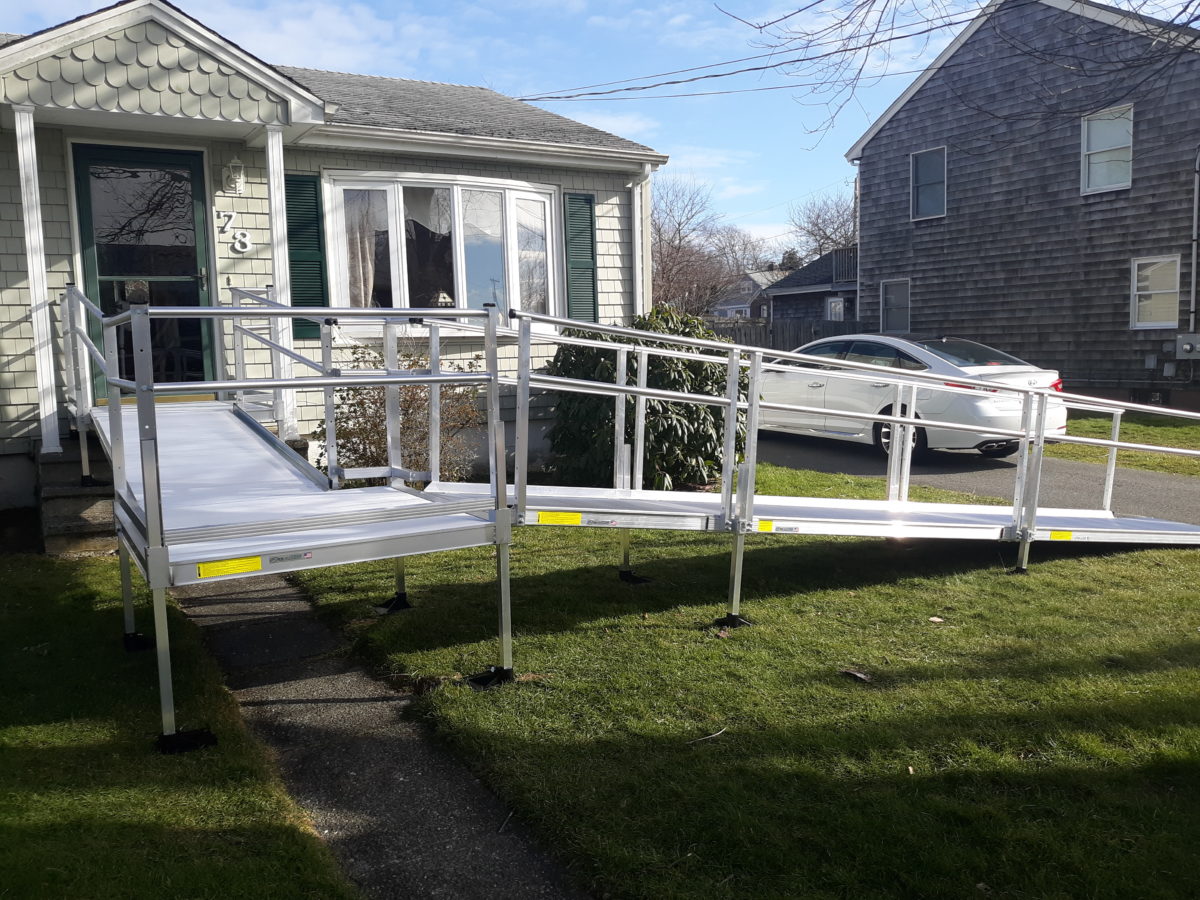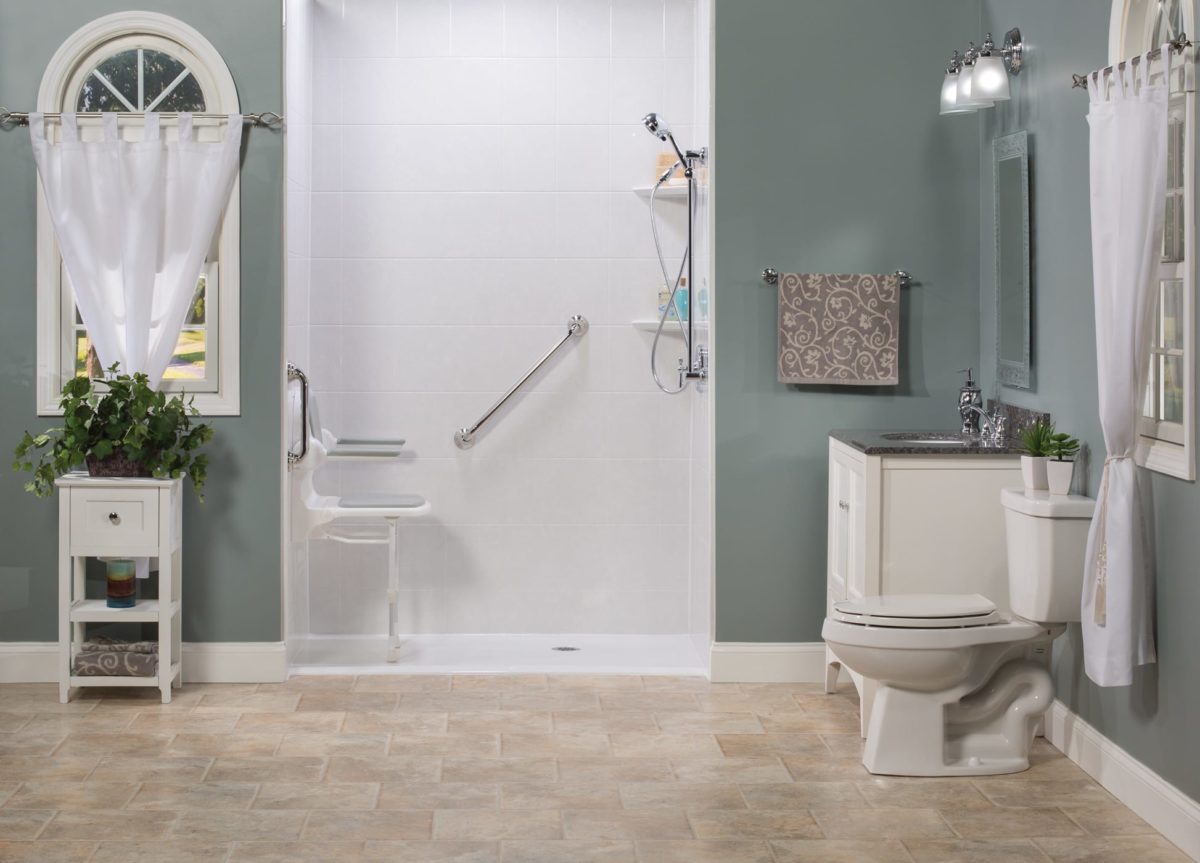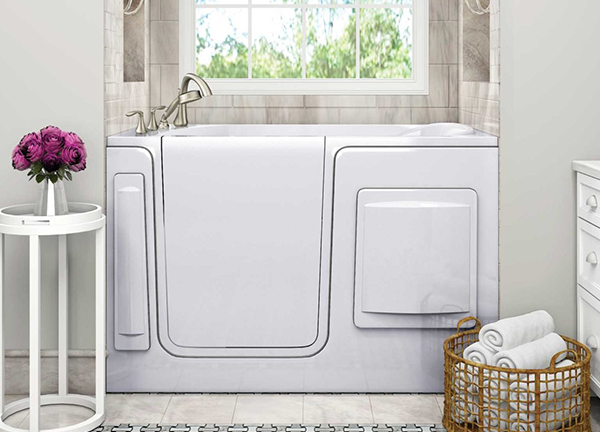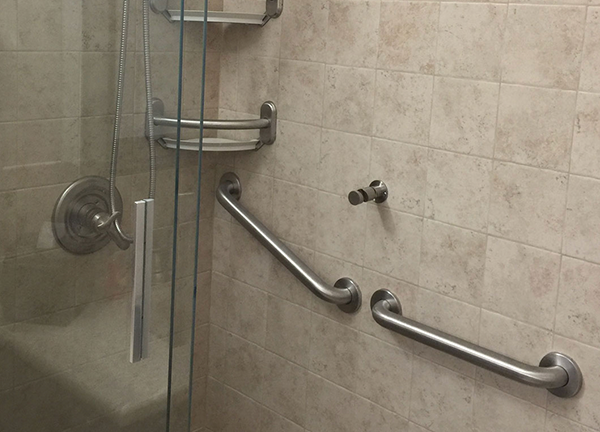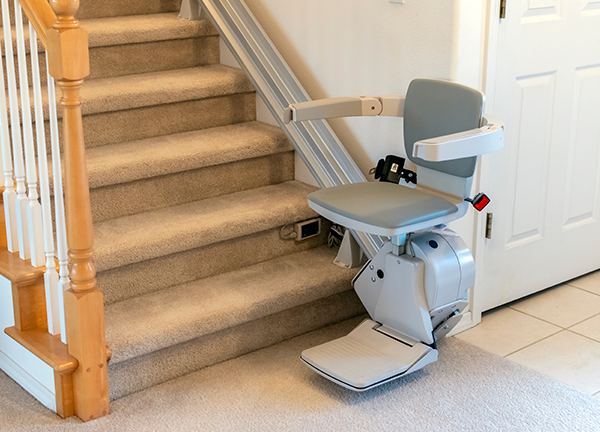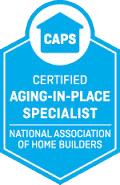Brain injuries can be life-altering, significantly impacting an individual’s independence and quality of life. The challenges that accompany these injuries often extend into the home, transforming once-familiar spaces into obstacles. However, there’s hope and empowerment through home mobility renovations, a solution that can transform lives by making homes more accessible and safe for brain injury survivors.
Understanding the Needs
Living with a brain injury can introduce a range of mobility issues, from difficulties in navigating stairs to challenges in using standard bathrooms. These obstacles not only hinder daily activities but also affect one’s sense of independence and safety. Recognizing the importance of accessible living spaces is the first step toward enhancing the well-being and recovery of brain injury survivors.
Transformative Power of Home Mobility Renovations
The impact of home mobility renovations on the lives of brain injury survivors can be profound. By adapting living environments to meet their specific needs, survivors can regain a significant portion of their independence. These renovations address the unique challenges faced by survivors, offering them a safer and more comfortable living space. Home mobility renovations for brain injury survivors are diverse, catering to a wide range of needs and preferences to ensure maximum comfort and accessibility. Some of the most impactful renovations include:
-
- Wheelchair Ramps and Lifts: Facilitates easy access to homes for those who use wheelchairs or mobility scooters, eliminating the challenge posed by stairs.
- Stairlifts: Ideal for survivors who can walk but find climbing stairs difficult or risky, stairlifts provide a safe and effortless way to move between floors.
- Door Widening: Expanding doorways to accommodate wheelchairs or walkers, allowing free movement throughout the home.
- Accessible Bathrooms: Modifications such as walk-in tubs, roll-in showers, and grab bars in strategic locations can significantly reduce the risk of falls and make personal care tasks more manageable.
- Adaptive Kitchens: Lowered countertops, pull-out shelves, and accessible appliances are designed to facilitate cooking and kitchen tasks, supporting survivors in maintaining their independence in meal preparation.
- Smart Home Technology: Installing voice-activated systems, automated lighting, and other smart home devices can help individuals with limited mobility control their environment effortlessly.
By implementing these renovations, brain injury survivors can enjoy a higher degree of independence and safety, contributing positively to their recovery and overall quality of life.
Navigating the Renovation Process
The path to a more accessible home involves careful planning and consideration. Key factors include identifying the most beneficial renovations, setting a realistic budget, and choosing the right professionals for the job. It’s also crucial to address common concerns, such as the potential disruption during renovations and ensuring that modifications meet the survivor’s long-term needs. Home Mobility Pros specializes in home accessibility renovations, offering guidance and support to individuals and families navigating the renovation process. By connecting with experienced professionals, survivors can make informed decisions that will lead to a successful transformation of their living space.
Advice for Caregivers and Family Members
Caregivers and family members have a unique position to empower brain injury survivors, helping them regain confidence and a sense of autonomy. By actively participating in the rehabilitation process, providing encouragement for small achievements, and promoting independence while ensuring safety, caregivers can make a significant difference in the survivor’s recovery journey. Encouraging survivors to set their own goals and participate in decisions about their care and home modifications can further enhance their sense of control. You can assist by researching options, facilitating discussions with professionals, and providing emotional support throughout the renovation process. Creating a safe and inclusive environment benefits not only the brain injury survivor but also the entire household, fostering a space where everyone can thrive. It’s also beneficial to create a supportive network by connecting with other families facing similar challenges, sharing experiences, and learning from one another. Through these efforts, caregivers and family members can help brain injury survivors feel more empowered and resilient.
Future of Home Mobility Renovations
The field of accessible home design is continually evolving, with emerging trends and technologies offering even greater possibilities for brain injury survivors. Innovations in smart home technology, for instance, can provide automated solutions that further enhance independence and safety. Staying informed about these developments can help survivors and their families make informed decisions about future renovations.
Home Mobility Renovations Empowering Brain Injury Survivors
Home mobility renovations are more than just modifications to a living space; they are a gateway to independence, safety, and improved quality of life for brain injury survivors. By understanding the needs, exploring renovation options, and navigating the process with care, survivors and their families can create a home environment that truly supports recovery and well-being.
If you or someone you know could benefit from home mobility renovations, we encourage you to take the first step toward a more accessible and empowering living space. For more information on how Home Mobility Pros can transform your living space into a safe, accessible haven for brain injury survivors, don’t hesitate to contact us. Our team is dedicated to guiding you through every step of the renovation process, ensuring your home meets the unique needs of your loved ones. Reach out today to start the conversation and take a significant step toward empowerment and independence. Your journey to a safer, more accessible home begins with us.

